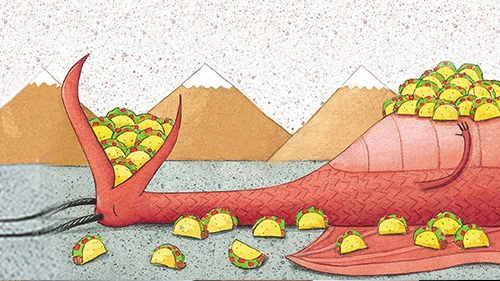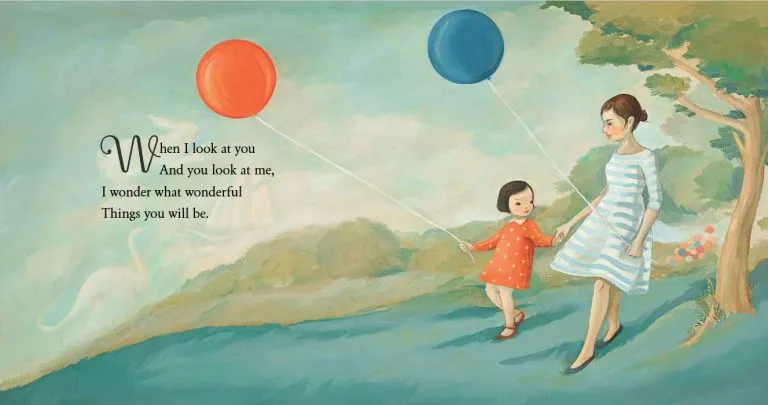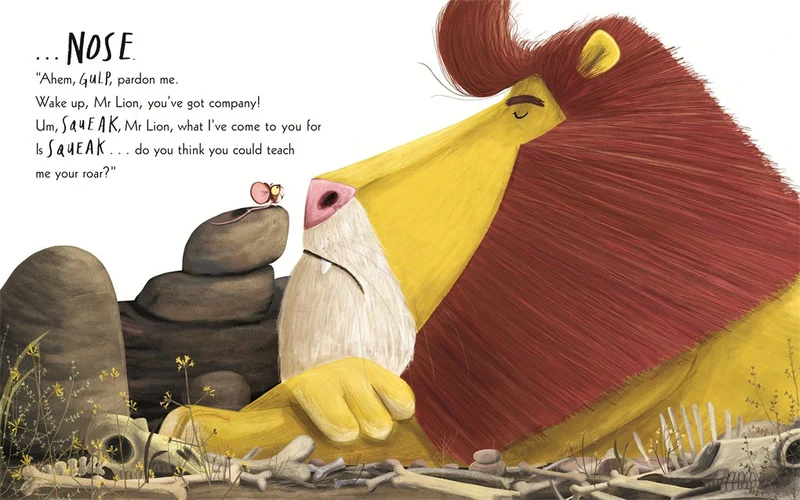Eavan Boland, Disruptive Irish Poet, Is Dead at 75

Eavan Boland, who began publishing poetry in the mid-1960s in Ireland and soon became one of the most prominent women in the male-dominated literary landscape of that country, died on Monday at her home in Dublin. She was 75.
Stanford University, where Ms. Boland had taught since 1995, said in a statement that the cause was a stroke.
Stanford, where Ms. Boland had directed the creative writing program for 21 years, said she returned to Dublin this spring to be close to her family during the coronavirus crisis and had been teaching a seminar on 20th-century Irish literature remotely.
Ms. Boland acknowledged that the emergence of her and other women on the Irish literary landscape was unsettling in a land where “poet” generally meant William Butler Yeats, Seamus Heaney and other men.
“In my generation,” she told The South Bend Tribune of Indiana in 1997, when she was doing a reading at the University of Notre Dame, “women went from being the objects of the Irish poem to being the authors of the Irish poem, and that was very disruptive in a literature that probably wasn’t prepared for that.”
Yet her numerous volumes of poetry earned her many accolades, including a lifetime achievement award in 2017 at the Irish Book Awards.
Her poems had a personal side, and a feminine side, that work by male poets often did not. There is, for instance, “Night Feed,” the title poem from a 1982 collection, in which a woman feeds an infant daughter:
I tiptoe in.
I lift you up
Wriggling
In your rosy, zipped sleeper.
Yes this is the hour
For the early bird and me
When finder is keeper.
Another poem, “Code,” from the 2001 collection “Against Love Poetry,” is an ode to Grace Murray Hopper, a pioneer in early computing. It concludes with these lines:
I am writing at a screen as blue,
As any hill, as any lake, composing this
to show you how the world begins again:
One word at a time.
One woman to another.
Though her poems might speak of the past, Ms. Boland was not misty-eyed about it.
“I certainly don’t have any nostalgia for Irish history, I can tell you that,” she said in a 2014 interview with Nashville Review. “Nobody would who came out of that island.”
The same was true of the Irish literary canon as it was defined in her youth.
“I’m afraid I was one of the critics of the canon,” she said. “I think everybody knows that the canon in 1950 was exclusive of some of the very important voices. I don’t know who could possibly be nostalgic about the canon 75 years ago, certainly not if you were a woman or a minority.”
Eavan Frances Boland was born on Sept. 24, 1944, in Dublin. Her father, Frederick, was a diplomat, and her mother, Frances Kelly, was a painter. Because of her father’s diplomatic postings, the family lived in London and New York before returning to Dublin, where Ms. Boland attended Trinity College, receiving a bachelor’s degree there in 1966. Her first poetry collection, “New Territory,” was published the next year.
Ms. Boland, who married the novelist Kevin Casey in 1969, acknowledged that it took some time for her to find her poetic voice and to make that voice heard.
“The subjects of the Irish poem back then were often landscapes or historical events or political memory,” she told the arts and culture magazine Believer in 2014. “I was a woman in a house in the suburbs, married with two small children. It was a life lived by many women around me, but it was still not named in Irish poetry.”
“I’ve often said,” she added, “that when I was young it was easier to have a political murder in a poem than a baby.”
She was a lecturer at Trinity while also being a mother.
“I used to work out of notebooks, and I learned when I had young children that you can always do something,” she told Stanford Magazine in 2002. “If you can’t do a poem, you can do a line. And if you can’t do a line, you can do an image — and that pathway that leads you along, in fragments, becomes astonishingly valuable.”
Among Ms. Boland’s other collections was “Outside History” (1991), which focused on women and their roles.
“A fresh eye for the way commonplace things look allows Boland to set most of her poems domestically,” Carol Ann Duffy wrote in a review in The Guardian, “and her sense of country and ancestry deepens the collection into an authoritative femaleness.”
Ms. Boland published regularly in magazines including The New Yorker, which ran its most recent Boland poem just this week.
Jill Bialosky, vice president and executive editor at W.W. Norton & Company, who edited Ms. Boland for 30 years, said her forthcoming collection, “The Historians,” due in October, explores the way the hidden, sometimes all-but-erased stories of women’s lives can powerfully revise our sense of the past.
In addition to her husband, Ms. Boland is survived by two daughters, Sarah and Eavan, and four grandchildren.
In 2018, to mark the 100th anniversary of the granting of suffrage to women in Ireland, Ms. Boland read excerpts at the United Nations from a poem she had written for the occasion. The poem, “Our Future Will Become the Past of Other Women,” included a section that, Ms. Boland told the assembly, was about the grandmothers and great-grandmothers of the suffragists, women who had never had the chance to vote:
Ghost-sufferer, our ghost-sister
Remind us now again that history
Changes in one moment with one mind.
That it belongs to us, to all of us.
As we mark these hundred years
We will not leave you behind.
When she was done, several ambassadors read sections of the poem in their native languages.




